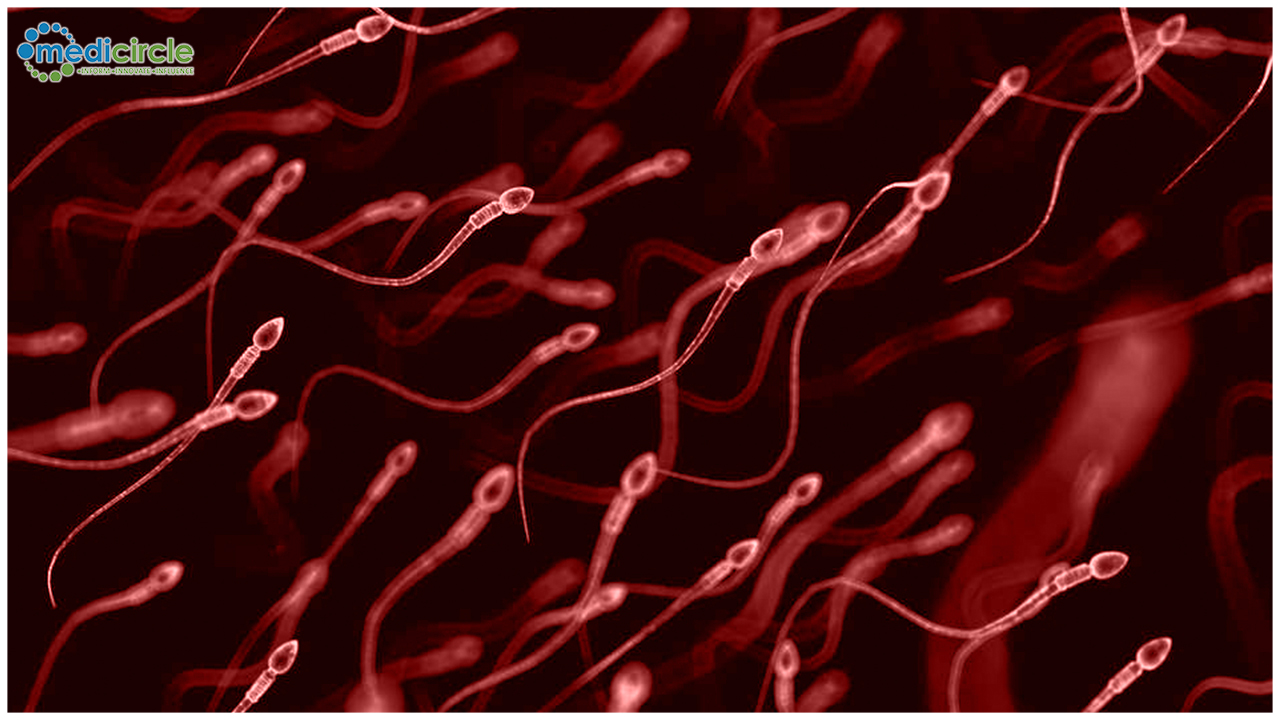In an examination distributed in 'Sub-atomic Cell' diary, a global group drove by specialists at the RIKEN Cluster for Pioneering Research (CPR) in Japan, said parental low-protein eats fewer carbs specifically, were known to be identified with metabolic disarranges in their kids, for example, diabetes. A metabolic issue happens when the digestion procedure falls flat and makes the body have either excessively or excessively little of the fundamental substances expected to remain sound. Our bodies are delicate to mistakes indigestion.
The 'MedicalXpress' detailed that this wonder was believed to be directed through epigenetics—heritable changes in which qualities are turned here and there without really changing a person's DNA.
as of not long ago, the subtleties of this procedure were obscure.
The lead scientists, Keisuke Yoshida and Shunsuke Ishii, at RIKEN CPR, in a mouse model analysis found that a protein called ATF7 was basic for the intergenerational impact. ATF7 is an interpretation factor, implying that it directs when qualities are turned here and there.
The specialists took care of male and female mice on ordinary eating regimens or low-protein diets and afterward permitted them to mate and from that point thought about quality articulation—which qualities were turned on—in grown-up posterity of male mice who had been on the two distinct weight control plans and found that articulation contrasted for several qualities in the liver, a large number of which are engaged with cholesterol digestion.
In any case, when they utilized hereditarily designed male mice that needed one duplicate of the ATF7 quality, quality articulation in the posterity didn't contrast from the articulation in posterity whose guardians ate typical eating regimens.
This outcome implies that a male mouse's eating regimen could impact the strength of future youngsters. As male mice can't influence posterity in pregnant females, the analysts presumed that the most probable situation was that the epigenetic changes happened in the male's sperm before origination and that ATF7 has a basic capacity right now.
"The most amazing and energizing disclosure was that the epigenetic change actuated by fatherly low-protein diet is kept up in develop sperm during spermatogenesis and transmitted to the people to come," Ishii said.
Utilizing a mouse model, this examination clarifies the atomic subtleties hidden the formative birthplaces of wellbeing and sickness hypothesis, and the sorts of dietary conditions that could prompt way of life-related infections in kids, for example, diabetes.
Likewise, it should now be conceivable to foresee metabolic changes in the cutting edge by estimating epigenetic changes in the recognized qualities of fatherly sperm cells.
The specialists stated: "We trust that individuals, particularly the individuals who have poor sustenance by decision, will give more consideration to their eating routine when making arrangements for the people to come.
"Our outcomes demonstrate that abstains from food with more protein and less fat are more beneficial for everybody's own body, yet in addition to sperm and the soundness of potential kids."

 Researchers in Japan have found that environmental factors that affect parents play a role in reprogramming the health of their offspring throughout their lifespan.
Researchers in Japan have found that environmental factors that affect parents play a role in reprogramming the health of their offspring throughout their lifespan.









.jpeg)

.jpeg)
.jpeg)
.jpeg)


.jpg)


.jpeg)
.jpeg)


.jpeg)
.jpg)




